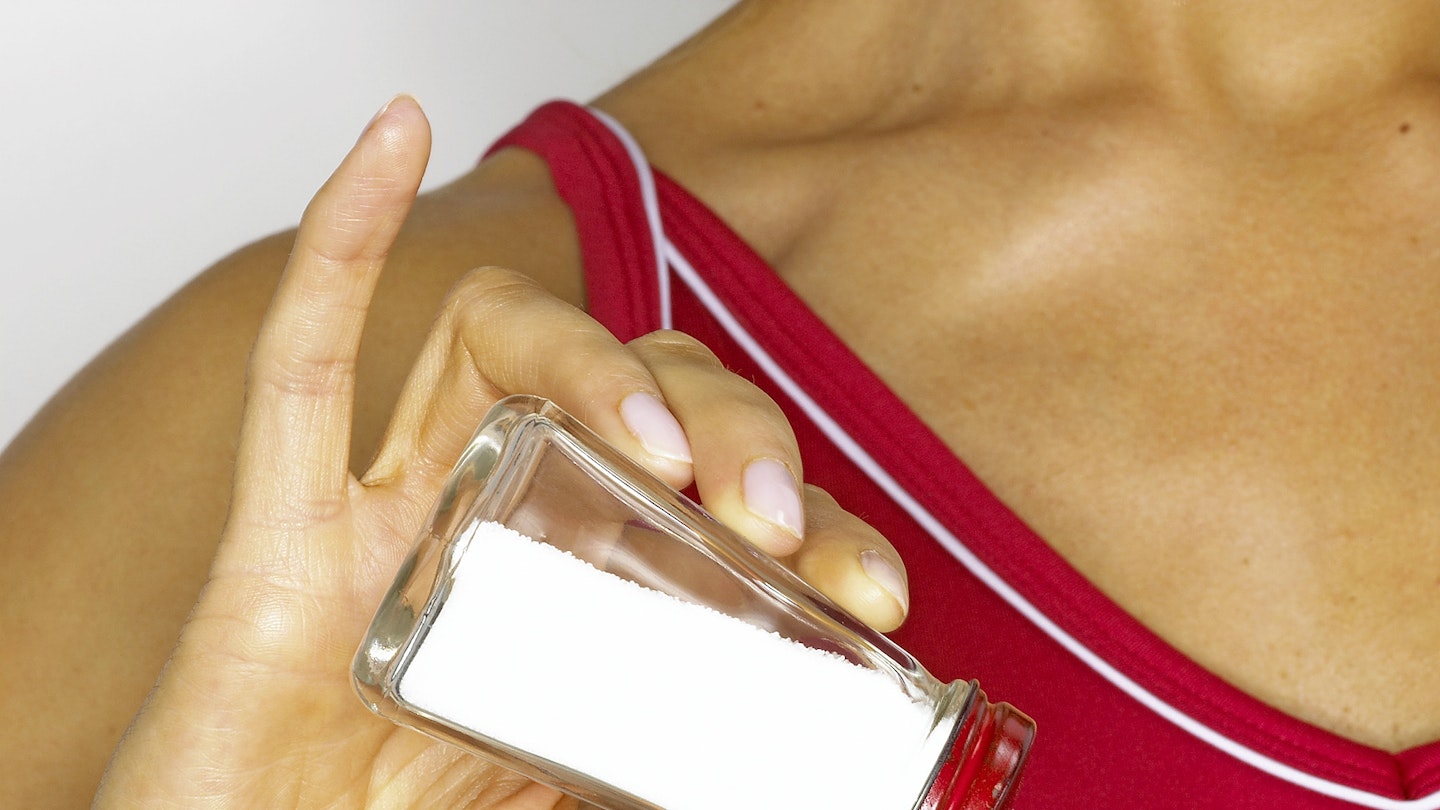Research shows that six out of 10 of us automatically add salt to our food. Yet too much salt is linked to high blood pressure, which can increase our risk of heart disease and stroke
Choose unprocessed foods
The key to healthy eating is to base our diet on minimally processed foods with plenty of vegetables and fruit. These foods are generally lower in salt. When doing your food shopping, about 40 per cent of your trolley should be filled with fruit and veg.
Check food labels
Use the nutrition information panel to find foods with the lowest sodium per 100g. To keep it simple when looking on a food label, less is best!
Take salt off the table
Tastes and eating habits are formed early by children. If your family regularly uses table salt and salty sauces, remove them from the table to reduce your reliance on using sauces to add flavour to meals.
Use herbs, spices, garlic and citrus
In place of salt, add flavour with herbs, spices, citrus, dressings and vinegar. Gradually reduce how much salt you add to your favourite recipes — your taste buds will adapt over time.
Cut back on processed meats and takeaways
Processed meats like ham and sausages are all high in salt, as are takeaways, so avoid having them too often. If you eat takeaways once a week, watch your salt intake for the rest of that week.
